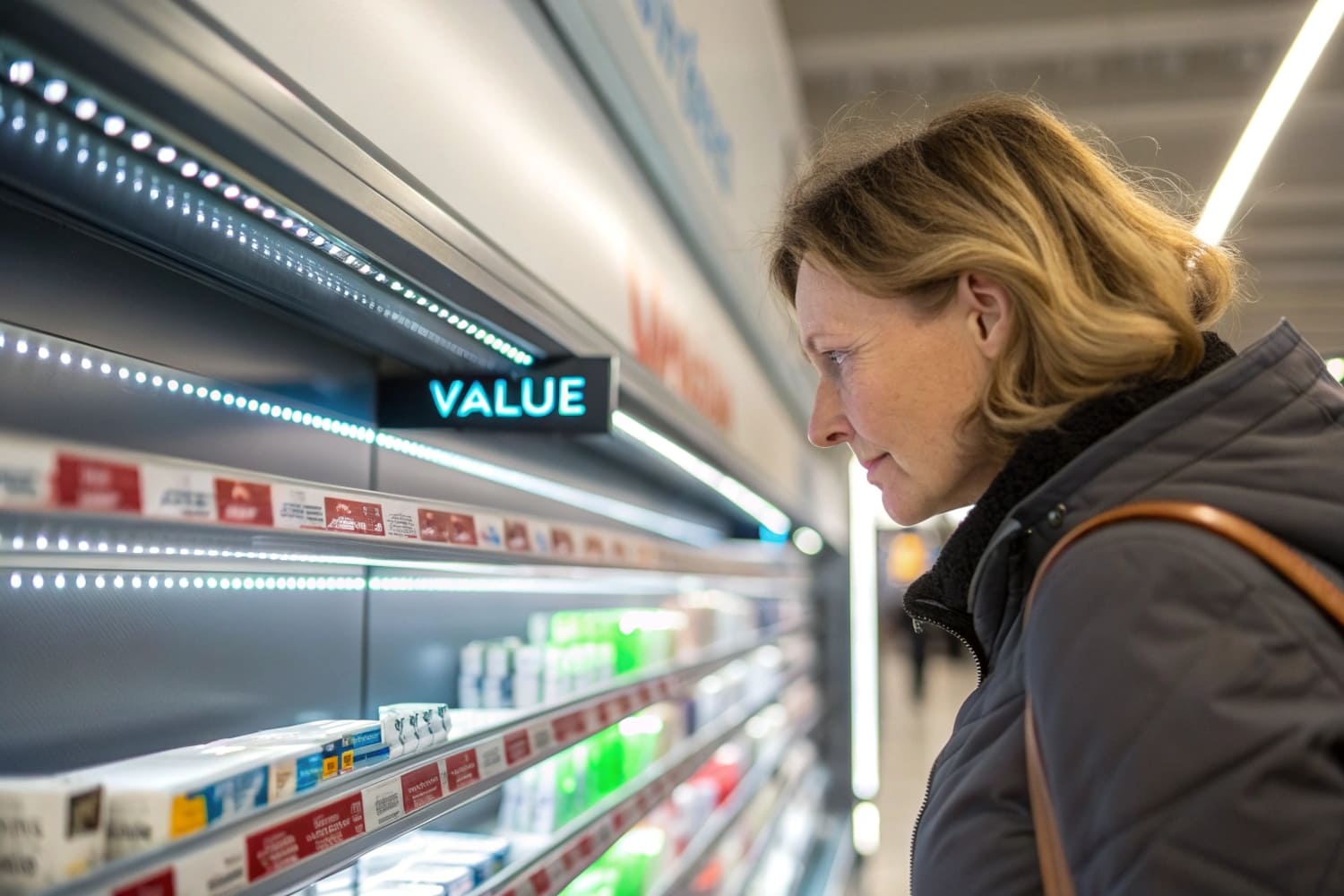Shoppers face too many options and leave shelves unseen; I felt that pain until smart displays rescued my products and my nerves.
In-store marketing changes what people notice at the shelf, driving quick attention, stronger intent, and measurable sales gains by turning silent aisles into loud brand moments.
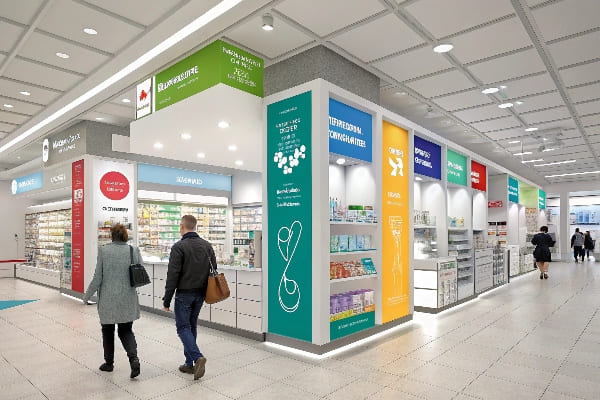
I will show you how each tactic works, why it matters, and how you can repeat the wins I rely on every season.
How effective is in-store marketing?
Crowded aisles slow buyers; focused cues create a clear path from glance to cart.
Done well, in-store marketing lifts unit sales 10–30 percent, shortens decision time, and keeps shoppers inside the category longer, multiplying cross-sell chances.
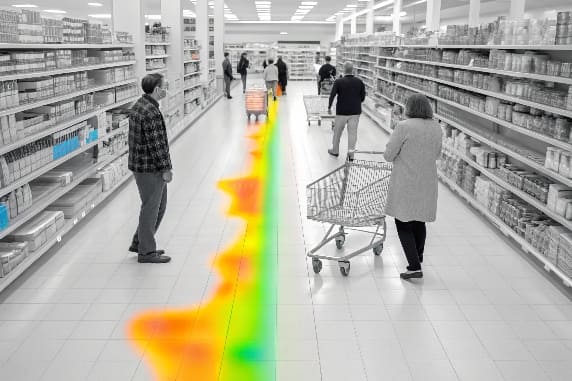
Where the numbers come from
I track results line by line because my factory’s cardboard displays must prove value fast. When I placed a bold crossbow stand in a Midwest sporting-goods chain, unit movement jumped in the first week. The store supplied POS data. I exported scans into a simple spreadsheet and compared them with the prior month. The raw count told me shoppers did not just see the stand; they bought. My partners love clear evidence, not vague claims.
Key measures that matter
| Metric | What it shows | Typical uplift seen in my trials |
|---|---|---|
| Unit sales per store per week | Direct volume gain | 12–28 % |
| Average dwell time at shelf1 | Engagement depth | +15 s |
| Attachment sale rate2 | Cross-sell power | 5–12 % |
| Return rate | Satisfaction sign | unchanged |
Practical lessons I apply
First, keep the message one sentence. Second, use color contrast that stands away from the aisle’s dominant hue. Third, place the display at eye level for the buyer, not the store clerk. My team tests prototypes with a simple phone camera at 1.6 meters high; if text blurs, we redo the art. Simple, repeatable steps protect the margin on every reorder.
What is the power of in-store marketing?
Stores are noisy; a single clear cue can calm the noise and guide action.
The real power lies in controlling the “last meter” of the buyer journey, shaping choice at the exact spot where money moves.
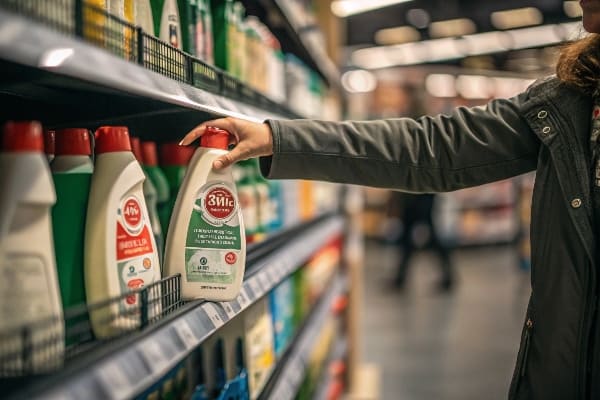
The science behind the pull
Eye-tracking studies3 tell us most shoppers scan a fixture in under five seconds. I once hired a university lab to track heat maps on my bow stand. Hot zones clustered on the big game graphic first, then on the price badge. Knowing this, we enlarged the badge area by 20 percent for the rollout. Sales lifted again. The takeaway: power lives where eyes settle first.
Forces that amplify or drain power
| Force | Boosts power when… | Drains power when… |
|---|---|---|
| Visual contrast4 | Colors break from shelf palette | Colors copy nearby brands |
| Story cue | One promise is clear (“20 % faster reload”) | Many mixed claims fight |
| Tactical placement5 | Product touches shopper flow line | Display hides behind pillar |
| Staff endorsement | Associates know talking points | Staff ignores unit |
My simple power framework
- Hook: a bold picture or number.
- Hold: a fast proof such as a load-test stamp.
- Hand-off: smooth physical access to the product.
I teach this to every client because when they repeat it, my reorder sheet stays full.
What is the strategic importance of marketing in a retail environment?
Retail is no longer just supply; it is theater, and every prop must earn its spot.
Strategic in-store marketing aligns shopper need, store goals, and brand promise, turning passive space into active value for all three parties.
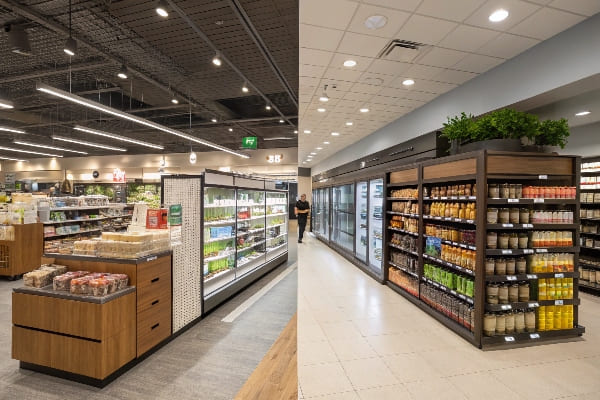
How strategy links floor to boardroom
When I pitch a chain, I map each planogram square to the buyer’s category goals. If they aim to grow premium hunting gear6 by 15 percent, my display’s layout highlights premium SKUs first. This earns placement because it meets their metric, not just mine. Aligning with their upstream intention secures long shelf cycles and deeper partnership.
Strategy layers in action
| Layer | Stakeholder need | My display answer | Result |
|---|---|---|---|
| Corporate growth target | Raise average basket value7 | Feature bundle graphics | +8 % basket value |
| Store traffic flow | Ease crowding in high season | Tall slim footprint | More aisle space |
| Shopper expectation | Quick spec reading | QR scan to full spec | Higher confidence |
Long-range view I keep
Displays are not decorations; they are strategic assets. My tooling choices, like recyclable board and food-safe ink, support the chain’s ESG objectives. That opens extra categories for us and blocks rivals who ignore sustainability8. Strategy is often hidden in small production details that speak to big boardroom narratives.
What are the impacts of marketing environment towards the company marketing strategy?
Economic shifts, tech waves, and cultural mood all bend the aisle before I print one box.
The marketing environment forces constant strategy tweaks; ignoring it turns yesterday’s winning display into today’s clutter.
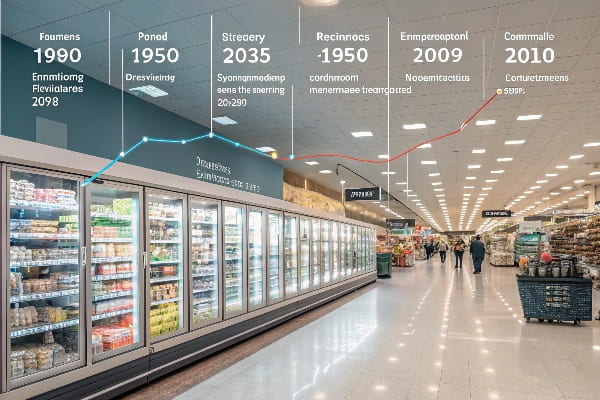
Reading the wind before cutting board
Last year freight costs soared, slicing margin on heavy fixtures. I answered by light-weight engineering9: fluted board cores and fold-flat designs that ship five units nested. This turned a cost spike into a selling point because buyers loved lower shipping emissions.
External factors I watch
| Factor | Example change | My pivot | Outcome |
|---|---|---|---|
| Economic | Inflation dampens impulse buys | Smaller trial-size display | Maintained volume |
| Technology | Smartphone AR grows | Add AR target overlay | More social shares |
| Regulation | New recycling rules | 100 % FSC board10 | Faster approval |
| Culture | Rise of DIY trend | QR link to assembly video11 | Added brand trust |
Adaptive loop I follow
- Scan: monthly trade reports.
- Interpret: quick team huddle on risks and openings.
- Test: small pilot in one city.
- Scale: ramp full lines only after data.
This loop keeps my three production lines busy yet nimble, protecting clients and my brand from sudden shocks.
Conclusion
In-store marketing works when it stays clear, aligns with retail goals, and flexes with the market; commit to these rules, and aisles will sell for you.
Exploring this concept can reveal insights into customer engagement and how to enhance product visibility. ↩
Learning about attachment sale rates can help you improve cross-selling techniques and boost overall sales. ↩
Understanding eye-tracking studies can enhance your marketing strategies and improve sales performance. ↩
Exploring visual contrast can help you design more effective displays that attract customers and boost sales. ↩
Learning about tactical placement can optimize product visibility and enhance shopper engagement in your store. ↩
Explore this link to discover innovative marketing strategies that can enhance your approach to premium hunting gear promotion. ↩
This resource provides insights into proven techniques for boosting average basket value, essential for retail success. ↩
Learn about the latest sustainability trends that can enhance your retail strategy and appeal to eco-conscious consumers. ↩
Explore how light-weight engineering can enhance product design and reduce costs, making it a valuable strategy for businesses. ↩
Learn about the significance of 100% FSC board in promoting sustainable practices and how it can benefit your business. ↩
Discover how QR codes can enhance customer engagement and simplify product assembly, leading to higher satisfaction. ↩

